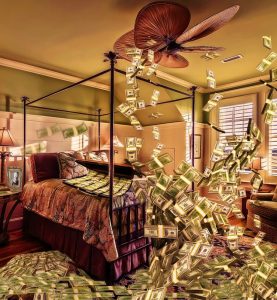So why is snoring a big problem for people? Well, there are certainly a number of reasons, a major one being the fact that snoring frequently coincides with lack of breathing during sleep. Also, if you sleep with a partner, it can be annoying to the extreme and keep your partner up all night, whether he or she has a snoring problem or not! This is bad for you, of course, but definitely worse for your relationship.
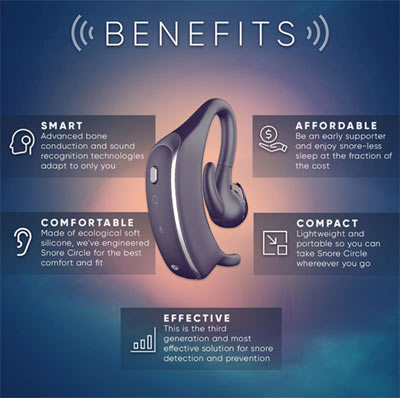 However, one of the main issues that people find tough with snoring and sleep apnea is a lack of sleep. A lack of sustained, restful, full-blown, relaxed sleep. The kind where the dreams are strong and restful. The real reason for good sleep, after all.
However, one of the main issues that people find tough with snoring and sleep apnea is a lack of sleep. A lack of sustained, restful, full-blown, relaxed sleep. The kind where the dreams are strong and restful. The real reason for good sleep, after all.
The consequences of missing out on this kind of quality sleep can be killer for a lot of people, and result in lost productivity, moodiness and not to mention total lack of energy during the day. It's enough that people frequently look to snoring mouthpieces like this one to calm their snoring and ensure a solid bunch of winks.
A Chinese company called VVFly, meanwhile, has a different way of tackling snoring: instead of attacking the issue at the core like a mouthpiece, they have a device called the Snore Circle that actually "transmits beeps and vibrations into a snorer's ear to stop snoring when it detects it." It's an interesting approach, for sure:
The CEO, Johnson Luo, who is also a snorer, said that the device doesn’t wake the snorer up, but just irritates the snorer enough to change position and stop snoring. The beeps and vibrations sent by the device vary in 54 forms according to the seriousness of the snoring.
According to the article on Forbes.com, the massively different customer experiences may be par for the course with this device:
Professor Li Taoping, director of the Respiratory and Sleep Research Center at Guangzhou Southern Medical University, said that snoring results from various causes, such as having narrower air passages, being overweight or out of shape, use of certain medicines, excessive drinking or smoking, and sleeping in poor positions. As a result, different methods and tools have varying influence on different people. That is why the users of Snore Circle have such different experiences from the device.
Now, this is certainly a device that we wouldn't recommend (especially because it never really addresses the initial or main cause of snoring), but that's OK, as it's only available in Mainland China at this point. But, there does seem to be one very interesting and frankly, useful reason to consider the Snore Circle:
What is also special about the Snore Circle is that it has Bluetooth that can send data to its mobile app, also of the same name, which can track and record one’s sleeping quality and snoring reduction.
So the power of a sleep lab in a Bluetooth device? Why yes, friends. Very, very cool. Cool enough, apparently, that the company as of this writing has already raised over $250,000 on funding site IndieGoGo to potentially get the product to more people.
So is the Snore Circle a stunning snore-killer like we've never seen before? Er, probably not. And the idea of "slightly bothering" the snorer perhaps up to a hundred times per night doesn't exactly sound like an experience most of us would like to be a part of.
But, in our eyes, what makes the Snore Circle so interesting is the fact that it uses your smart phone to track exactly how your snoring patterns work. Like a sleep lab in an earpiece's clothing, if it actually works as stated.
And that may be well worth the money for many folks.
Wake Yourself Into Snore-Free Sleep? is available on TSMR
source http://snoringmouthpiecereview.org/sleep-health/wake-yourself-into-snore-free-sleep
 There are some simple truths, however, and a key one is that we all need a good amount of sleep to survive. For most people, that means anywhere from 6-8 hours of sleep per night. This is the same kind of sleep that can be easily interrupted by snoring, which is why many people may be overestimating the sheer amount of sleep they're actually receiving.
There are some simple truths, however, and a key one is that we all need a good amount of sleep to survive. For most people, that means anywhere from 6-8 hours of sleep per night. This is the same kind of sleep that can be easily interrupted by snoring, which is why many people may be overestimating the sheer amount of sleep they're actually receiving.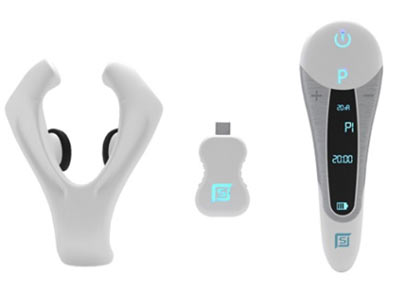 So, in terms of snoring mouthpieces that are fantastic and have been proven over and over again to really halt the symptoms of snoring, you're really not going to get much better than the SnoreRX (
So, in terms of snoring mouthpieces that are fantastic and have been proven over and over again to really halt the symptoms of snoring, you're really not going to get much better than the SnoreRX (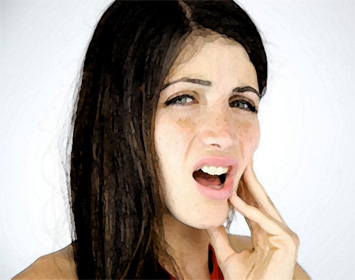 Obviously, when you are dealing with a TMJ issue, sleeping can sometimes be a problem. But when you not only have a TMJ issue, but obstructive sleep apnea, it can be a virtual nightmare, at least
Obviously, when you are dealing with a TMJ issue, sleeping can sometimes be a problem. But when you not only have a TMJ issue, but obstructive sleep apnea, it can be a virtual nightmare, at least 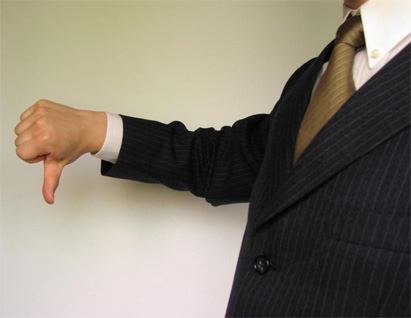 topic, as more people snore than voted for Donald Trump - so why not put a hat into the ring? Why not help out the readers that are sawing logs and waking up wondering if they got any sleep at all last night?
topic, as more people snore than voted for Donald Trump - so why not put a hat into the ring? Why not help out the readers that are sawing logs and waking up wondering if they got any sleep at all last night?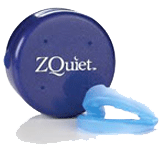 Ok. Wow. Let me just say that there is no reason to see an otolaryngologist if you want to buy a mouthpiece like our recommended MAD,
Ok. Wow. Let me just say that there is no reason to see an otolaryngologist if you want to buy a mouthpiece like our recommended MAD,  reasons and due to participating in other not-so-healthy activities right before bed. Instead of ignoring the problem it's important to identify the cause and deal with it before you get kicked out of your bed. Depending on the cause of the snoring you may need to consider investing in a mouthpiece. There are several on the market but some recent changes to one of our
reasons and due to participating in other not-so-healthy activities right before bed. Instead of ignoring the problem it's important to identify the cause and deal with it before you get kicked out of your bed. Depending on the cause of the snoring you may need to consider investing in a mouthpiece. There are several on the market but some recent changes to one of our 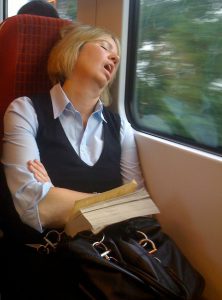 If you've been putting off looking into a mouthpiece because you've read or heard that they're big, hurt the gums or are uncomfortable, that's even more reason to check out GMSS. This is a wonderful mouthpiece that is designed to fit nicely in your mouth without putting stress on your jaw.
If you've been putting off looking into a mouthpiece because you've read or heard that they're big, hurt the gums or are uncomfortable, that's even more reason to check out GMSS. This is a wonderful mouthpiece that is designed to fit nicely in your mouth without putting stress on your jaw.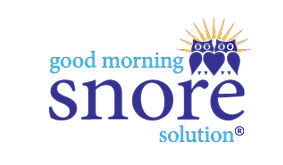 loudly after having too many glasses of wine or that little Johnny has been sawing logs since he was ten. Just because no one talks about it doesn't mean it isn't happening. What's important is recognizing there is an issue and addressing it before the house is full of sleepless zombies.
loudly after having too many glasses of wine or that little Johnny has been sawing logs since he was ten. Just because no one talks about it doesn't mean it isn't happening. What's important is recognizing there is an issue and addressing it before the house is full of sleepless zombies. your concentration suffering. If you share a house, or a bed for that matter, with a snorer, you have most likely experienced all of the above before. There's probably something you've noticed about someone who doesn't get the right amount of sleep: they're probably grumpy and miserable, affecting everyone around them with their bad mood. Most people don't choose to become bears who haven't hibernated, but lack of sleep can turn the best of us into beasts.
your concentration suffering. If you share a house, or a bed for that matter, with a snorer, you have most likely experienced all of the above before. There's probably something you've noticed about someone who doesn't get the right amount of sleep: they're probably grumpy and miserable, affecting everyone around them with their bad mood. Most people don't choose to become bears who haven't hibernated, but lack of sleep can turn the best of us into beasts.
 course, The Pro Player Health Alliance, or PPHA, a group of former professional athletes that are "focused on educating others about sleep apnea and sleep in an effort to reduce the number of deaths and adverse health conditions that result from untreated sleep disordered breathing". So it's an important goal, and one that these pro players understand considering how important good health has been to their careers.
course, The Pro Player Health Alliance, or PPHA, a group of former professional athletes that are "focused on educating others about sleep apnea and sleep in an effort to reduce the number of deaths and adverse health conditions that result from untreated sleep disordered breathing". So it's an important goal, and one that these pro players understand considering how important good health has been to their careers.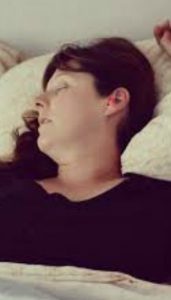 Depending on what your sleep arrangements are like, you might be one of those who need to wear earplugs to get a good night’s sleep. Maybe you have a partner that snores or maybe you’re living in the middle of a construction zone. You could be one of those people who sleep so lightly that a fly breathing wakes you up or the party down the street is just a touch loud tonight. There are several ways to deal with excess noise when you’re trying to get a little shut-eye. Some people leave a fan running or use a white-noise machine. Some need to have specific music or an eye mask. Then there are those people who must have a pair of earplugs in to get some shut eye. The question then becomes, is that healthy?
Depending on what your sleep arrangements are like, you might be one of those who need to wear earplugs to get a good night’s sleep. Maybe you have a partner that snores or maybe you’re living in the middle of a construction zone. You could be one of those people who sleep so lightly that a fly breathing wakes you up or the party down the street is just a touch loud tonight. There are several ways to deal with excess noise when you’re trying to get a little shut-eye. Some people leave a fan running or use a white-noise machine. Some need to have specific music or an eye mask. Then there are those people who must have a pair of earplugs in to get some shut eye. The question then becomes, is that healthy?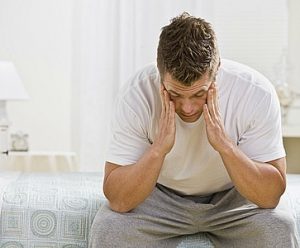 Have you ever wondered what happens while you sleep? It's simple really: your brain cells replenish, your body grows and your mental state resets for the day ahead. There are recommended hours of sleep for specific age groups for a reason. The younger you are the more your body needs to develop and therefore the more sleep you need. Ignoring your sleep, like most teenagers and young adults do, can impact your health in ways you probably haven't thought about before.
Have you ever wondered what happens while you sleep? It's simple really: your brain cells replenish, your body grows and your mental state resets for the day ahead. There are recommended hours of sleep for specific age groups for a reason. The younger you are the more your body needs to develop and therefore the more sleep you need. Ignoring your sleep, like most teenagers and young adults do, can impact your health in ways you probably haven't thought about before.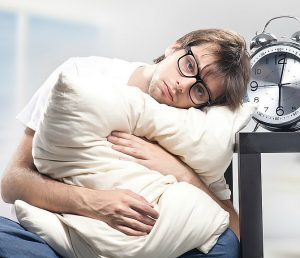 Depending on what stage of life you’re at you might be thinking that it’s not a big deal if you sacrifice your sleep to get ahead in life. Sure, you can live on four hours of sleep a night so that you can make sure you watch all the episodes of that popular show on Netflix or work the three jobs to afford your fancy car. Our minds like to tell us all kinds of things and sometimes we shouldn’t listen to them. Is your brain a medical professional? Probably not. You might like to think you are because of your personal connections or what you read online but unless you went through grueling medical school, you probably aren’t a doctor or nurse.
Depending on what stage of life you’re at you might be thinking that it’s not a big deal if you sacrifice your sleep to get ahead in life. Sure, you can live on four hours of sleep a night so that you can make sure you watch all the episodes of that popular show on Netflix or work the three jobs to afford your fancy car. Our minds like to tell us all kinds of things and sometimes we shouldn’t listen to them. Is your brain a medical professional? Probably not. You might like to think you are because of your personal connections or what you read online but unless you went through grueling medical school, you probably aren’t a doctor or nurse.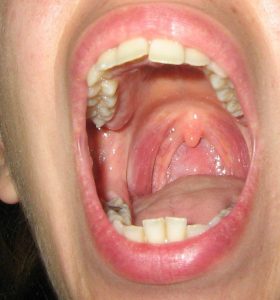 Snoring is a common sleep disorder although many just brush it off. Some people think snoring is caused solely by eating or drinking too much before bed, sleeping on your back or being sick. While these can contribute to snoring, the fact of the matter is that there are physical components of snoring. While you sleep your whole body relaxes, right? The means more than just your mind; your muscles relax as well. When the muscles in your mouth and throat relax they can cause your tongue to fall to the back of your throat and block your airways.
Snoring is a common sleep disorder although many just brush it off. Some people think snoring is caused solely by eating or drinking too much before bed, sleeping on your back or being sick. While these can contribute to snoring, the fact of the matter is that there are physical components of snoring. While you sleep your whole body relaxes, right? The means more than just your mind; your muscles relax as well. When the muscles in your mouth and throat relax they can cause your tongue to fall to the back of your throat and block your airways.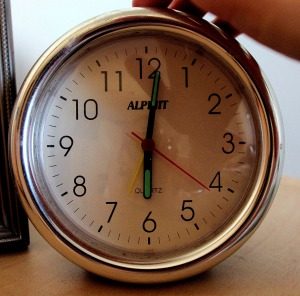 Surely you remember the prime of your youth: staying up until 3am working on that final paper for your course or playing video games until midnight. As we get older our bedtimes tend to creep ever forward. We have more stresses in our lives and therefore need more time to recuperate from the long days we sludge through. But having an early bedtime could be a massive warning sign, especially for men:
Surely you remember the prime of your youth: staying up until 3am working on that final paper for your course or playing video games until midnight. As we get older our bedtimes tend to creep ever forward. We have more stresses in our lives and therefore need more time to recuperate from the long days we sludge through. But having an early bedtime could be a massive warning sign, especially for men: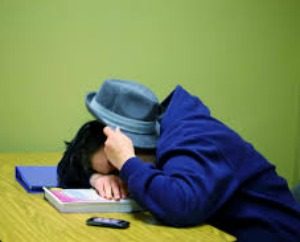 It’s the time of year again. Students are swarming schools all over the country from kindergarten all the way to university and college. It’s back to school and that means a more regimented schedule should be implemented for everything. This includes parents as well as students. For those who are finding themselves in post-secondary for the first time might have a harder time trying to control themselves. Safeguards, like parents, might not be there and the newfound sense of independence and freedom could very well be their undoing.
It’s the time of year again. Students are swarming schools all over the country from kindergarten all the way to university and college. It’s back to school and that means a more regimented schedule should be implemented for everything. This includes parents as well as students. For those who are finding themselves in post-secondary for the first time might have a harder time trying to control themselves. Safeguards, like parents, might not be there and the newfound sense of independence and freedom could very well be their undoing.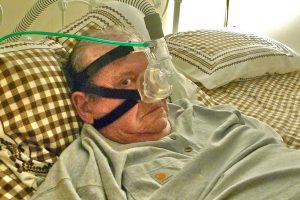 Sleep is a precious commodity that we all need in order to survive. During sleep is when our bodies grow, our brain cells replenish and our emotions reset. Regardless of age everyone needs to get a good night's sleep. There is a reason that children need to sleep more when they're very young: they're growing and without sleep those little bodies can't get much bigger.
Sleep is a precious commodity that we all need in order to survive. During sleep is when our bodies grow, our brain cells replenish and our emotions reset. Regardless of age everyone needs to get a good night's sleep. There is a reason that children need to sleep more when they're very young: they're growing and without sleep those little bodies can't get much bigger. In order to be ready to put in those long hours either during your commute or at the office you need to make sure you're getting a good night's sleep. There are several variables that will impact your sleep health: your stress level, whether or not you consume drugs or alcohol before sleep and your overall
In order to be ready to put in those long hours either during your commute or at the office you need to make sure you're getting a good night's sleep. There are several variables that will impact your sleep health: your stress level, whether or not you consume drugs or alcohol before sleep and your overall 